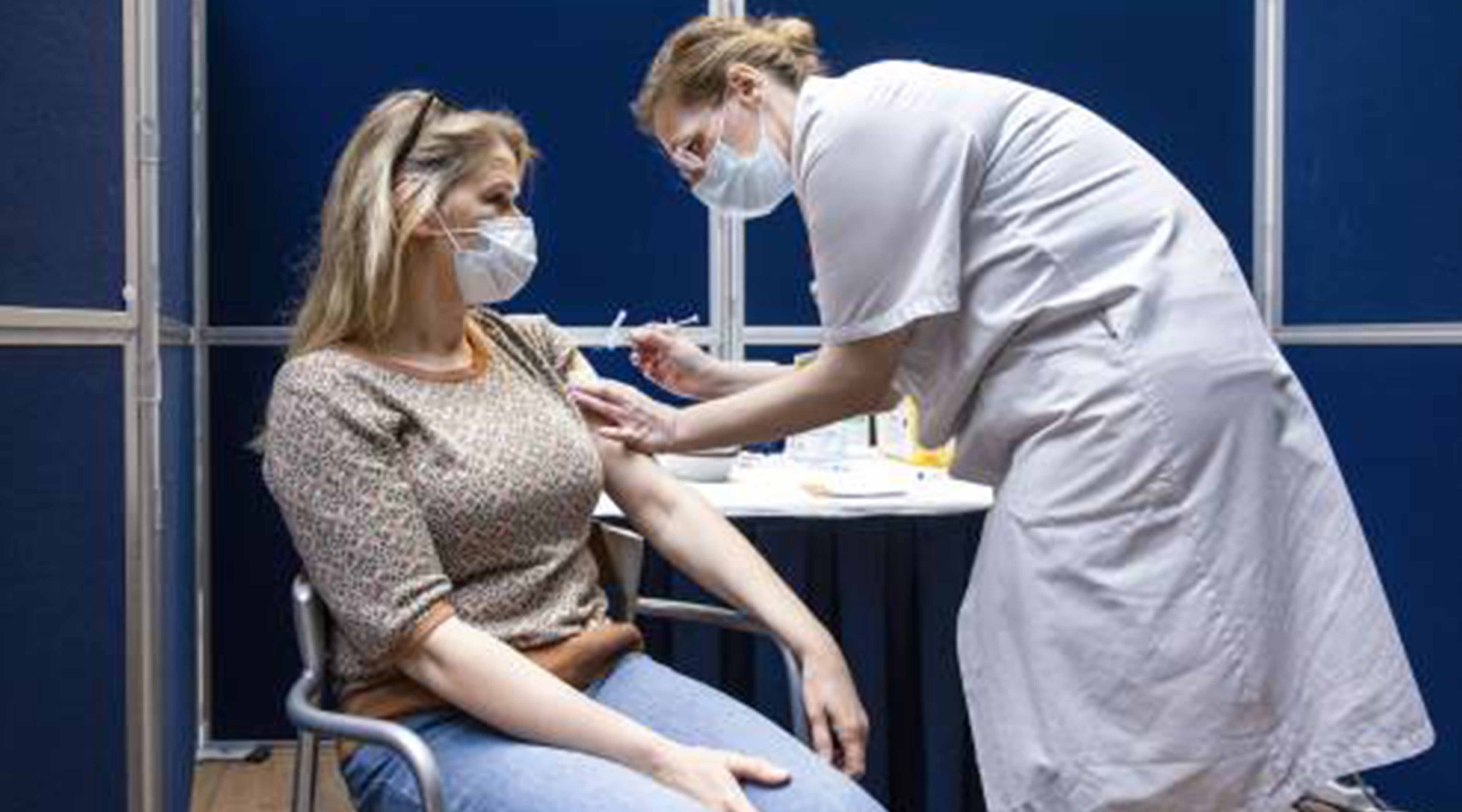Many older people would like to receive a new coronavirus vaccination. There is much less enthusiasm among young people. The new vaccination campaign kicks off on Monday. Repeated snapping should help protect people in case a new crown wave arrives in the fall or winter.
The Kieskompas conducted a survey for ANP and LocalFocus between August 31 and September 12 among about 9,000 people. Of those eligible for the repeat shot, 58.9% will be “definitely” or “probably” vaccinated. Furthermore, 32.2% decided on their own that this time “definitely not” or “probably not” would be vaccinated. These are people who have been previously vaccinated and therefore could now also receive repeat vaccination. The remaining 8.9 percent do not know yet.
Among those over 65, 80.9 percent want to be revaccinated. This is much lower in the 50-64 age group. There, 59.6 percent want to get the repeat shot. It is 48.4% between 35 and 49 years and 45.8% between 18 and 34 years. In previous vaccinations, turnout was also highest among the elderly and lowest among young and young adults.
The vaccination round begins with people who are most at risk of becoming seriously ill from a corona infection. They too have been given priority. These are, for example, the elderly and people with Down syndrome. People who work in the healthcare sector also get their shifts earlier, to prevent healthcare from getting bogged down in a new wave.
There are hundreds of vaccination sites scattered across the country. They are located in central locations, where many people can be vaccinated in a short time and which are quite easily accessible.
As the masses have passed, some GGD regions want to move to smaller locations to vaccinate people who had not previously come to the injection site. Gelderland-Zuid, for example, says: “When the campaign is under pressure, we will deploy staff again to start vaccinating on a mobile basis.” Zealand wants to “take a tour of various village houses and other places” later in the fall to vaccinate Zeeland. Hollands Midden has “mobile vaccination teams”. Those people “bring vaccines to residents in health care facilities and non-mobile residents so they don’t have to come to our premises.”
Other regions focus mainly on information. For example, Noor-en Oost-Gelderland wants to approach “hard-to-reach groups” in “neighborhoods where the vaccination rate lags”. GGD Amsterdam also wants to “be present in neighborhoods where we reach many people whose vaccination coverage is lower”. Drenthe suggests that general practitioners can provide additional information in areas “where the willingness to vaccinate appears to be lower”. Gelderland-Midden itself provides information “to vulnerable groups, such as the elderly, the low-literate and non-native speakers”, in order to increase their willingness to vaccinate.
Edited by: ANP | Photo: ANP
–


